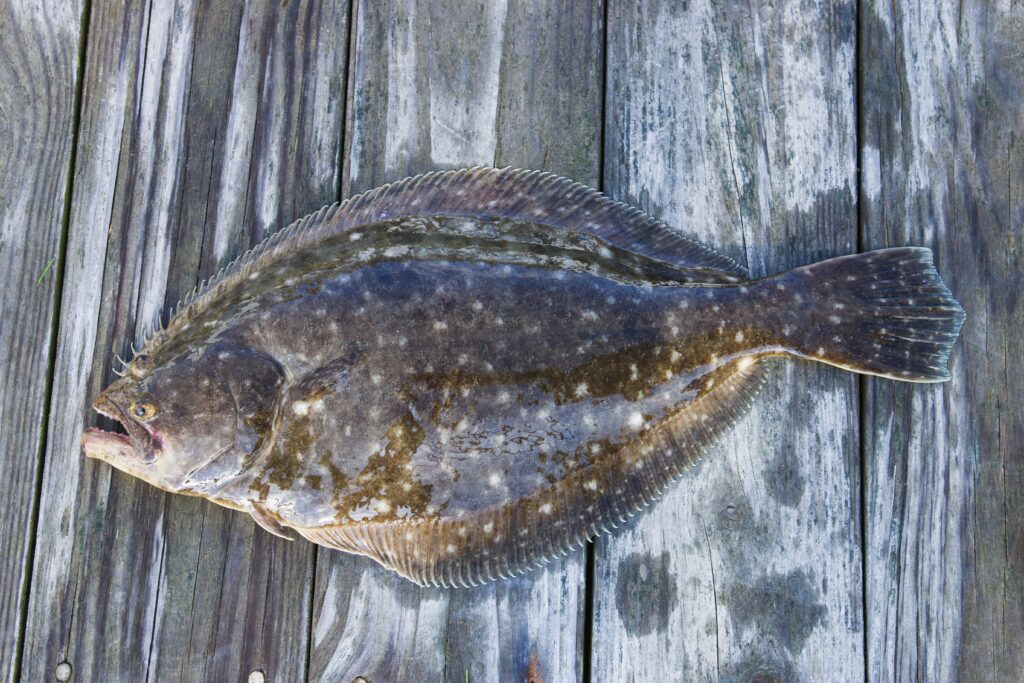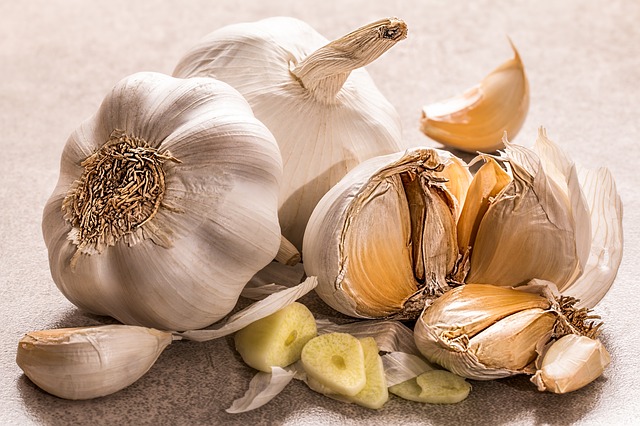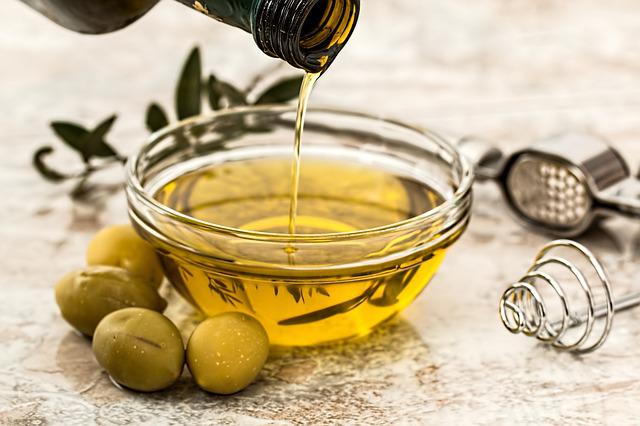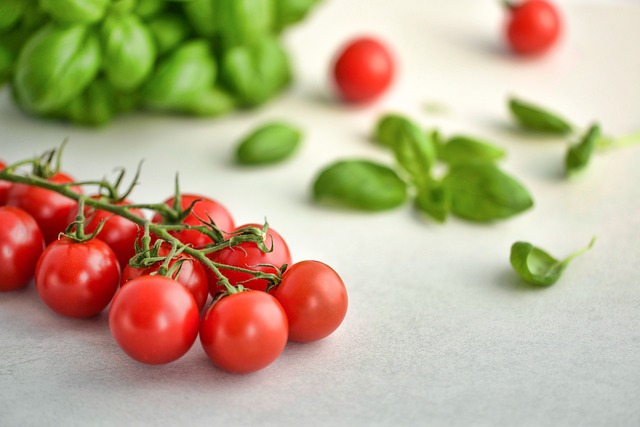Many people enjoy eating Halibut, but few realize how beneficial it is. Let’s take a look at some of this fish’s health benefits.
Halibut is a flatfish belonging to the Pleuronectidae family. These fish have flattened, diamond-shaped bodies and move sideways. They are also right-eyed, which means their eyes are on the upper side of their body. The halibut has microscopic scales buried under its skin, giving it a smooth appearance.
It also has a large, symmetrical tail. Halibut can grow up to 8 feet long and 500 pounds in weight! Shrimp, eel, cod, octopus, Pollock, and other underwater animals are common prey for the fish.

1. Preserves cellular health
Cell renewal and restoration are vital for good health; halibut includes a lot of critical amino acids that encourage protein production. This aids in the formation of cells as well as their health.
Aside from that, proteins aid in the formation of nails, hair, and skin. Blood and skin cells are only viable for a few weeks. This means that the body must devise a method to replenish the cells that are lost.
Halibut’s protein content aids in the production of these new cells. Halibut also contains vitamin B12, which is necessary for cell health. It is essential for several processes, including the creation, repair, and preservation of red blood cells.
2. Contains beneficial Omega-3 fatty acids
Halibut is high in omega-3 fatty acids, particularly DHA and EPA. These are the necessary fatty acids that the body cannot manufacture on its own.
As a result, you must seek out external supplies of these fatty acids in order to maintain your body healthy. These nutrients have a protective effect on the body. This is especially true when it comes to the cardiovascular system.
They aid in the prevention of excessive blood pressure, irregular cardiac rhythms, and other similar diseases. They can also increase the body’s LDL to HDL ratio and help minimize the risk of stroke.
3. Aids Digestion And Immunity
Halibut is high in vitamin B3, an essential vitamin that is beneficial to the body. The vitamin promotes neurological function, digestion, and hunger. It also contributes to bright skin.
Consuming vitamin B3 can also lower LDL cholesterol levels while increasing HDL cholesterol levels. This helps to keep the artery walls from hardening and worsening the problem. Halibut also contains pyridoxine, which is essential for immune system health.
This vitamin helps to keep the body healthy by preventing the occurrence of illnesses. Halibut is also high in immune-boosting minerals. Potassium, selenium, niacin, vitamin B6, and other nutrients are among them.
4. Beneficial to the Heart

Halibut contains several nutrients that are good for the heart. It turns out that it contains manganese, which is a key component of halibut.
Manganese can also aid in soothing the nerves and improve digestion. You can avoid indigestion, constipation, cramping, vomiting, flatulence, and gastrointestinal pain by eating halibut.
As a result, consuming this fish would provide several advantages to the major organ. Other minerals found in halibut aid in the prevention of strokes and heart attacks. It lowers the risk of cardiac damage, stress, and irregular heartbeats.
This fish also improves the electrical properties of your cardiac cells. As a result, you are protected from potentially hazardous irregular heart rhythms. It can also help to reduce blood clotting in the arteries.
5. Helps with Muscle Pain
Phosphorus is another component found in halibut. This is particularly significant since it helps to avoid weariness, muscle weakness, and numbness.
Consuming this fish on a daily basis can help you maintain a healthy and active lifestyle. Phosphorus can also aid with sexual problems. These include libido loss, impotence, sperm motility, and coldness.
6. Maintains Liver Health
Another helpful ingredient found in halibut is selenium. Selenium, in particular, aids in the health of the liver. The liver is a vital organ because it is in charge of cleansing and detoxifying the body. As a result, it must remain healthy.
Selenium is also an excellent antioxidant. This is why it is essential for preserving liver health. As a result, the body would be free of potentially dangerous components and metals.
Apart from liver health, selenium also protects against heart disease and certain types of cancer.
7. Improves Brain Health
The nutrient-dense fish is particularly high in potassium, which plays an important role in brain function. Potassium is a desirable vitamin because it improves brain functions such as learning and memory.
If our bodies do not have enough potassium, it can cause significant consequences such as epilepsy and other problems. Potassium currents are necessary for the body because they are required by neurons to maintain brain activities.
8. It alleviates stress and fatigue
Because of its pantothenic acid concentration, halibut can also aid in alleviating stress and weariness. Because it reduces stress, it also helps to prevent anxiety, sadness, and other mental illnesses.
It aids in the regulation of the hormone that produces such a disease. Halibut also contains vitamin B12, which boosts stamina and alleviates weakness and weariness.
It reduces the likelihood of cardiac injury and stress, as well as irregular heartbeats. Manganese can help to calm the nerves and enhance digestion. Indigestion, constipation, cramping, vomiting, flatulence, and abdominal pain can all be avoided by doing so.
9. Protects the body from a variety of illnesses
The advantages of halibut are numerous. Consuming halibut on a regular basis will safeguard the body. It can protect the body from illnesses such as pulmonary embolism, deep-vein thrombosis, Alzheimer’s disease, pediatric asthma, multiple myeloma, and age-related cognitive decline.
Omega-3 fatty acids boost mood and may minimize the incidence of dry eye syndrome and macular degeneration.
Studies show halibut lowers the risk of kidney, colorectal, and other cancers. The fish’s components can also help to decrease blood pressure.
What to look for when shopping for halibut
Before purchasing any fish, it is critical to select the freshest and finest quality available. Halibut should be solid to the touch and devoid of a fishy odor. The eyes must be clear, the fins must be there, and the gills must be bright red.
It is more difficult to determine the freshness of halibut filets; check for meat with no discoloration.
A straightforward recipe for seared halibut
ingredients


- 4 halibut filets, peeled – 6 oz each
- kosher salt and ground black pepper
- 3 tbsp canola oil
- 1/2 cup extra virgin olive oil
- 1 teaspoon minced garlic
- 2 1/2 cups halved medley tomatoes
- 2 tablespoons olives, sliced
- 1 teaspoon washed, drained, and chopped capers
- 12 basil sprigs
to prepare the main dish
- 1. Preheat the oven to 350 Fahrenheit.
- 2. Using a paper towel, pat dry each halibut and season with salt and pepper. Heat the canola oil in an ovenproof saute pan over medium-high heat. Place the halibut in the pan. Sear on one side until it just begins to color for 2 to 3 minutes. Turn the fish over carefully and transfer the pan to the one. 7 minutes in the oven
- 3. Meanwhile, reheat the olive oil in a medium saute pan over medium heat, then toss in the garlic. Add the tomatoes once the garlic starts to sizzle. Heat the tomatoes until the juices start to come out. Remove from the fire and add the olives and capers.
- 4. Toss the basil leaves into the tomatoes and season with salt and pepper just before serving. Place the halibut on a dish and spoon the tomatoes on top equally.
You can serve halibut steaks or filets on a bed of greens – beans, broccoli, spinach – and then drizzled with a butter-lemon sauce, sometimes embellished with capers, shallots, or anchovies.
Interestingly, fall components such as ceps and girolles, as well as lardons, cider, and parsnip puree, frequently accompany halibut.
Perhaps it’s because the profundity of flavors complements the powerful but creamy flesh so perfectly. Another popular flavor is lemon or lime, as well as passionfruit or mango, which are typically used in light summer recipes that serve the halibut as ceviche.
To Conclude
I found halibut is one of the easiest foods to prepare. When I am really lazy and don’t feel like cooking, I just sear some halibut and squeeze lemon on top and steam some veggies as a side dish.

